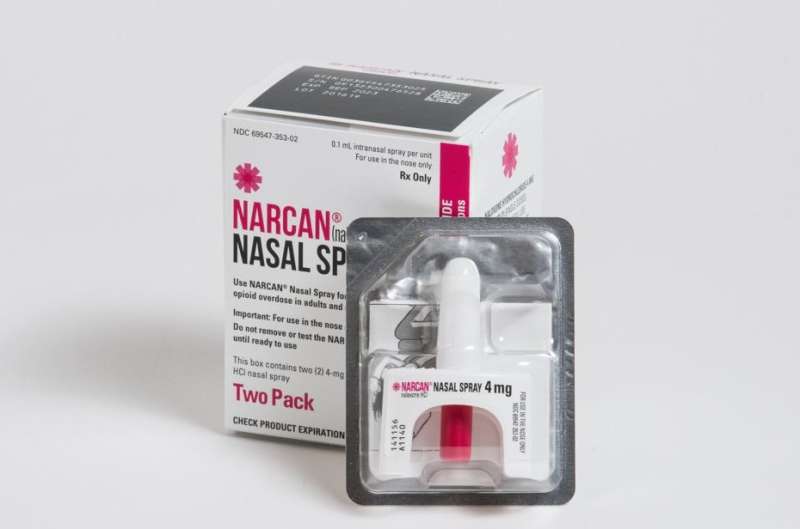Language-Based Disparities in Continuous Glucose Monitor Prescriptions for Diabetes Patients

A 2025 study reveals ongoing language-based disparities in the prescription of continuous glucose monitors among type 2 diabetes patients, highlighting the need for equitable healthcare solutions.
Recent research has identified significant disparities in the prescription of continuous glucose monitors (CGMs) among adults with type 2 diabetes, especially based on language preference. A study published in June 2025 in JAMA Network Open analyzed over 69,000 patients, revealing that those with a non-English language preference (NELP) were notably less likely to receive a CGM prescription compared to their English-speaking counterparts. Specifically, only 7.4% of NELP patients had a CGM prescribed, versus 12.7% of English language preference (ELP) patients, in unadjusted analyses.
When accounting for other factors, patients with NELP still faced a substantially lower likelihood of receiving a CGM prescription, with an adjusted odds ratio of 0.58. This disparity was even more pronounced among patients with uncontrolled diabetes (hemoglobin A1c > 9%) and those using insulin, maintaining a significant gap in access. Researchers from Brigham and Women's Hospital in Boston emphasized that language preference plays a crucial role in medical prescribing patterns, highlighting an urgent need for targeted interventions to address these inequities.
The study underscores the importance of equitable healthcare practices and suggests that language barriers may impede access to advanced diabetes management tools. Several authors involved disclosed industry ties, including one with a related patent, indicating ongoing industry interest in this area. For further details, the full study can be accessed in JAMA Network Open (2025). Source: https://medicalxpress.com/news/2025-06-disparities-glucose-rx-language.html
Stay Updated with Mia's Feed
Get the latest health & wellness insights delivered straight to your inbox.
Related Articles
Innovative Cactus-Derived Treatment Shows Promise for Intractable Cancer Pain Relief
NIH scientists have developed a promising new therapy using a cactus-like plant compound to effectively reduce severe cancer pain, offering hope for patients unresponsive to traditional treatments.
Sprout Organics Expands Recall of Baby Food Pouches Due to Lead Contamination Risk
Sprout Organics has expanded its recall of baby food pouches due to potential lead contamination, affecting multiple lots sold nationwide. Learn how to identify affected products and ensure your child's safety.
Florida Implements Ban on Fluoride in Public Water Supplies
Florida has become the second US state to ban fluoride in public water supplies, citing concerns over health implications and government overreach. Discover the details behind this legislative change.



